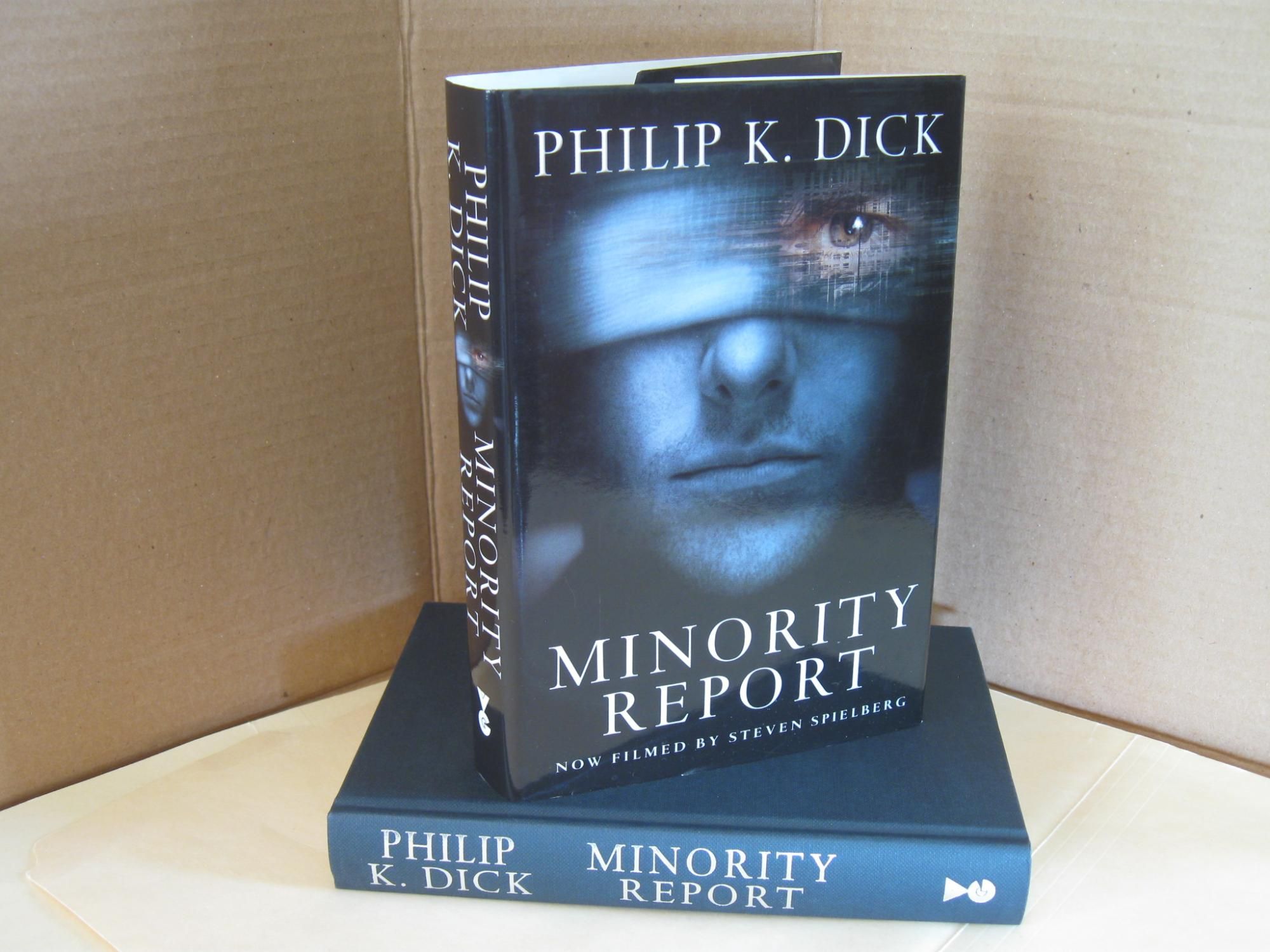A Critic's Meta Review: 4/5

Minority Report by Philip K. Dick (REVIEW)
“First they came for the socialists, and I did not speak out —
Because I was not a socialist.
Then they came for the trade unionists, and I did not speak out —
Because I was not a trade unionist.
Then they came for the Jews, and I did not speak out —
Because I was not a Jew.
Then they came for me - and there was no one left to speak for me.”
— Martin Niemöller
It is extremely difficult to overstate the subtle malignity of complacency; when something only seems to be affecting a particular group of people, one deemed the “other”, a collective composed of individuals that have, in some way, brought their unfortunate circumstances upon themselves, having faith in “the system” is quite easy. After all, if you’ve done nothing wrong, then why should you be afraid of meeting a similar fate? Such things only happen to “bad people” and not upstanding, rule-following citizens such as yourself.
At least, this line of thinking is what has provided a basis for the establishment and continual expansion of the surveillance state. In the book Minority Report, this is how John Anderton, captain of the “precrime” police unit in Washington, DC, justifies the apprehension of innocent people - under his reasoning, the “precogs” (substitute: surveillance footage, mined data, etc.) are never wrong, so the people they are capturing are surely bound to commit murder. That is, until he becomes a suspect himself; he later learns that so-called “minority reports” (where the precogs disagree about whether the suspect will commit a crime) are destroyed immediately to maintain the illusion that the system is perfect. I am sure many parallels can be drawn here.
Overall, it was quite a captivating read - well written, and highly relevant. Relevant not only to real life, but to the realm of philosophy as well (which, we must admit, is a bit different than the realm we dwell in). Foucault’s point that the power of hierarchized, ornate surveillance systems is inherent to the nature of such systems and, as a result, does not rest in the hands of those who might have been designated to “head” or “oversee” them is seen in Minority Report when John Anderton (and later on, even his superior Lamar Burgess) has his supposed authority severely called into question when the very machine he was so committed to defending and upholding turned against him and began to consume him. This further illustrates Foucault’s point: very often, when the scope of such surveillance systems is so grand, it is impossible for any one person to exert any control over what it is able to do. It takes on, in many respects, a life of its own. Thus is the nature of normalization, observation, and examination - most of us don't do too well on that final exam.

